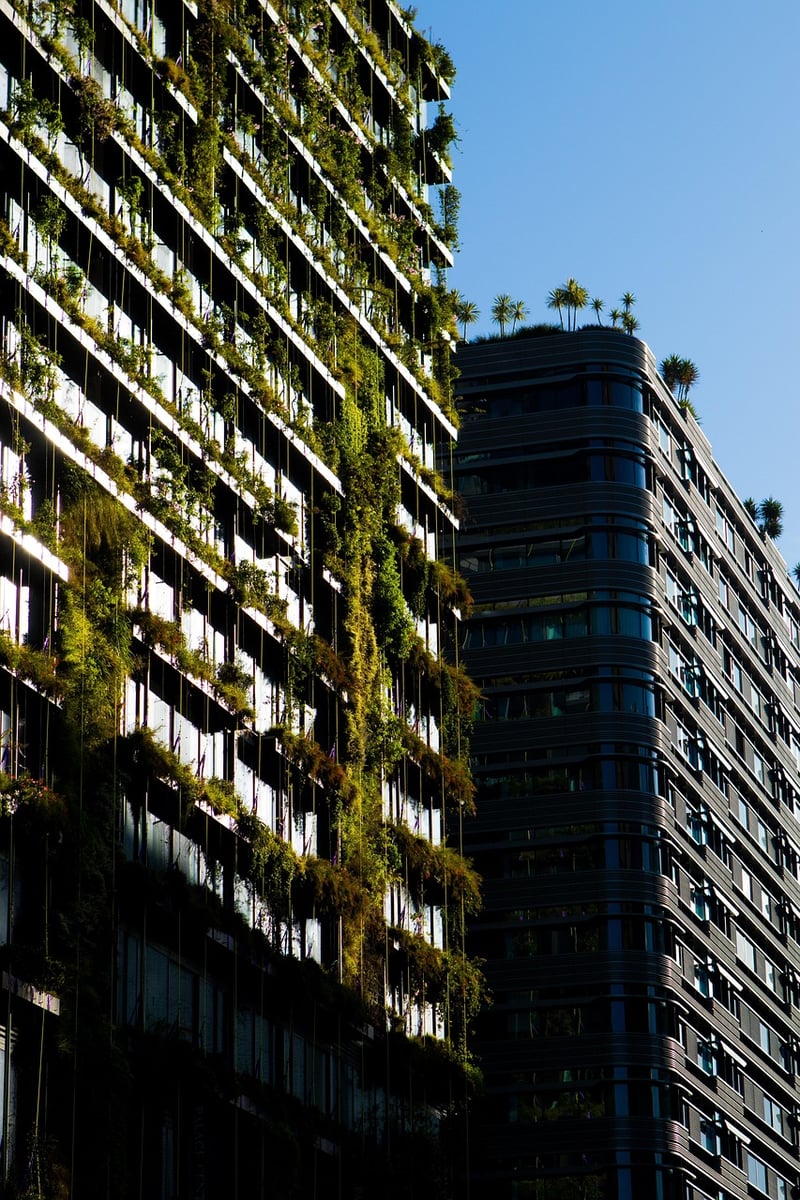Eco-Friendly Solutions
Innovative Vertical Garden Designs and Eco-Friendly Solutions
Introduction
Vertical gardens are a great way to bring nature into urban spaces and promote sustainability. Not only do they add a touch of greenery to your surroundings, but they also provide numerous environmental benefits. In this article, we will explore some inspiring designs for vertical gardens and eco-friendly solutions that you can implement in your own space.
Benefits of Vertical Gardens
- Air purification: Vertical gardens help improve air quality by absorbing pollutants and releasing oxygen.
- Urban heat island reduction: They help lower temperatures in urban areas by providing shade and cooling effects.
- Space optimization: Vertical gardens make use of vertical space, making them ideal for small urban areas with limited space.
- Biodiversity: They attract birds, insects, and other wildlife, promoting biodiversity in urban environments.
Inspiring Vertical Garden Designs
Here are some creative and inspiring designs for vertical gardens:
1. Living Wall
A living wall is a vertical garden that is completely covered in vegetation. It can be installed both indoors and outdoors, adding a natural and refreshing element to any space.

2. Vertical Garden Towers
Vertical garden towers are freestanding structures that allow for planting a variety of plants in a small footprint. They are perfect for balconies, patios, or small outdoor areas.

3. Hanging Gardens
Hanging gardens are an excellent way to add greenery to walls or fences. They can be created using planters, baskets, or even repurposed materials like old pallets.

Eco-Friendly Solutions
When creating your vertical garden, consider these eco-friendly solutions:
- Water conservation: Use a drip irrigation system to minimize water usage and prevent wastage.
- Recycled materials: Repurpose old containers, pallets, or other materials for your vertical garden to reduce waste.
- Native plants: Choose native plant species that are well-adapted to the local climate and require less maintenance.
- Composting: Create your compost using kitchen scraps and organic waste to nourish your vertical garden naturally.
By incorporating these eco-friendly solutions into your vertical garden design, you can create a sustainable and beautiful green space that benefits both you and the environment.
Get inspired by these designs and start your vertical garden project today!
